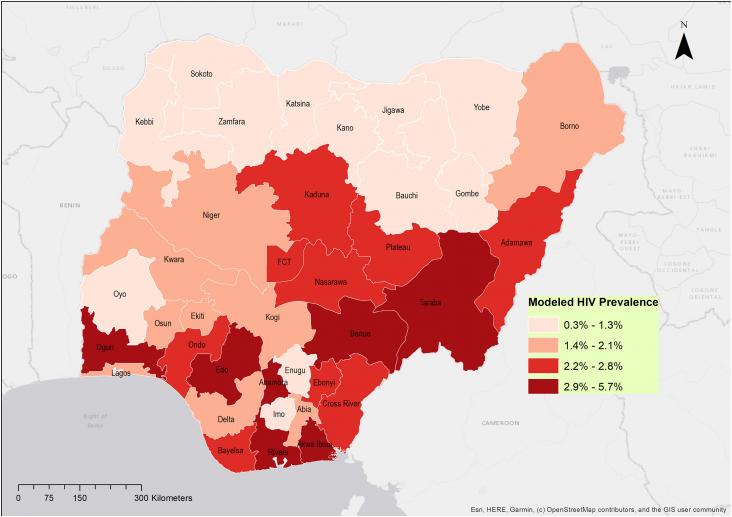This article advances SDG # 3, 4, 8, 10 and 13 by compiling evidence showing that climate change and its various consequences can adversely affect brain development in the fetal through the early childhood stages. Long-term consequences on health, education and economies are significant. T
This study highlights the critical role of Indigenous Peoples in protecting natural areas and the threats these areas face from industrial development expansion. It emphasizes the need to strengthen Indigenous Peoples' rights, self-determination, and leadership to reduce the risk of conversion of their lands, thereby promoting socio-ecological well-being, which is relevant to the International Day of Indigenous Peoples.
As thousands of people arrive at the USA border requesting asylum, it is only fair that they are treated with the same dignity as any other person.
This paper supports SDG 3 and 10 by provide evidence that societal cultural stress can increase the risk of lifetime bipolar disorder onset in youth growing up as a minoritized group.
The commentary offers a proposal to aid the meaningful contribution of all voices in youth mental health research.
This Article supports SDGs 3 and 10 by showing that in Austria, Greece, Spain, and the UK, there is a dearth of targeted, tailored cancer prevention programmes for people experiencing homelessness, and concern from health professionals that cancer is not being spotted at early stages in this population.
The article emphasizes the importance of providing training and supporting resources alongside open science initiatives to enhance accessibility and reduce barriers in the field. It suggests that these educational resources should be customized to cater to diverse user profiles, including neuroscientists, computational scientists, and educators.
climate change interacts with historical colonialism to shape fisheries in small island developing states. Greater attention to fish as food can improve food sovereignty and reduce historical inequalities

Population-based surveys are expensive and time consuming. By determining state-level seropositivity using national testing service data and a Bayesian linear model, a map of HIV prevalence was generated across the whole of Nigeria. By identifying the areas in which HIV is most prevalent interventions can be targeted. This less resource intense Bayseian method allows for national monitoring of HIV prevalence.
Not all humans have the same carbon footprint: luxury lifestyles are significantly worse for the planet. This One Earth Research Article explores how a 'luxury tax' with revenue recycled to address climate inequality (SDG 10) could accelerate decarbonization (SDG 13).
